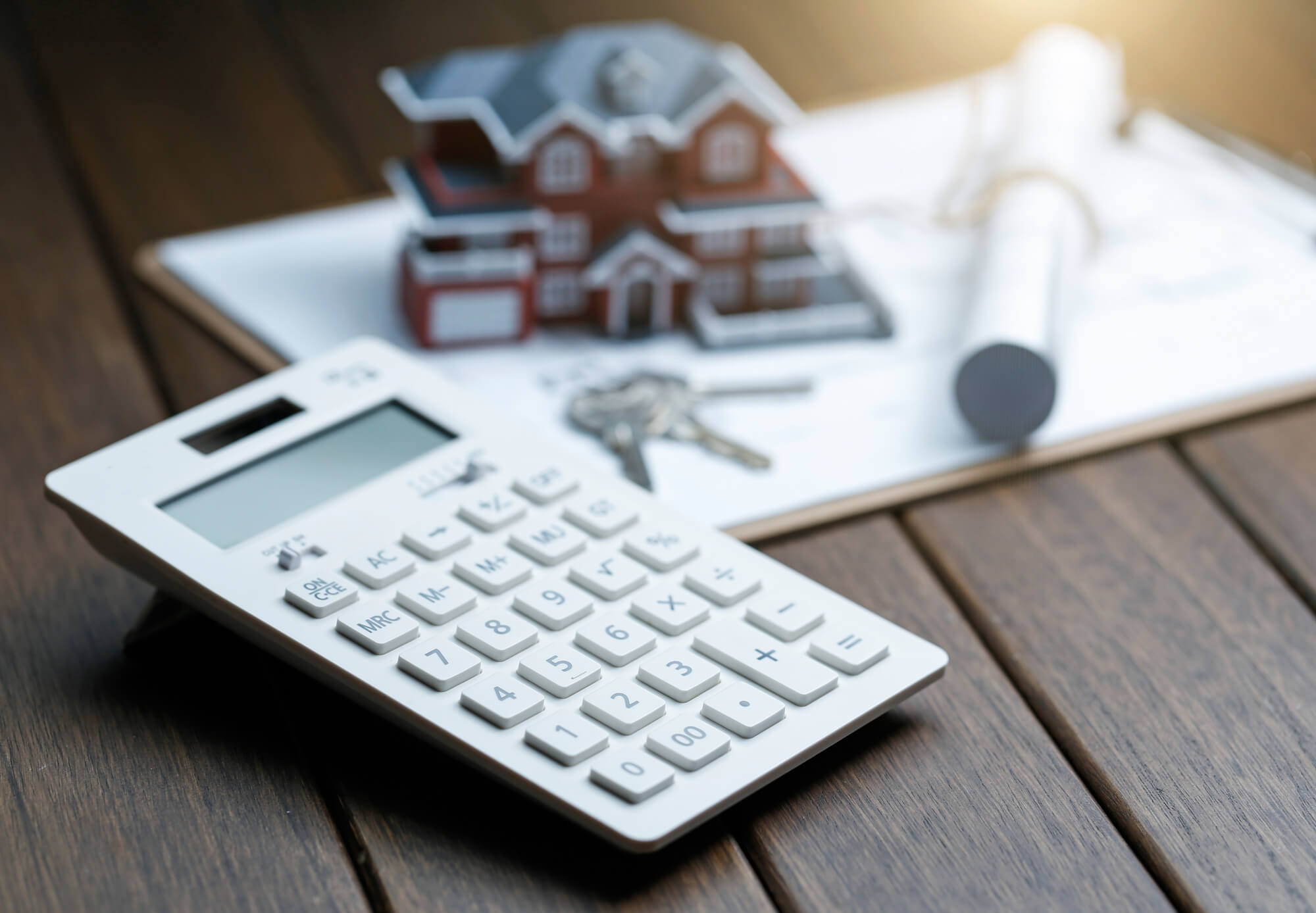Capital Gains Property Valuation Services
Perry Hill Chartered Surveyors provide expert property valuation services to private and commercial clients throughout London and Surrey. If you are liable to pay Capital Gains Tax when selling, gifting or otherwise disposing of a property, this process can be quite complicated. A valuation includes reliable information on the property’s value to help you understand the tax that you will need to pay.
Our professional and helpful RICS Registered Valuers and Chartered Surveyors give you the confidence you need to dispute tax discrepancies, with the aim to reduce taxation liability.
Perry Hill Chartered Surveyors is an independent firm of RICS Registered Valuers and Chartered Surveyors, we are here to help you with all matters concerning property valuations.
Get in touch today to speak with one of our expert team members:
Frequently Asked Questions
- What is a Property Valuation for Capital Gains Tax Purposes?
-
Property valuations for Capital Gains Tax purposes refers to calculating the tax payable when a property is sold at a profit, these are known as “gains” on a property and are liable to taxation.
Capital Gains Taxation arises on property sales , where the asset to be sold is not your primary residence.
The tax (CGT) is calculated on the gain you make on the property sale, during the period of ownership, not the total amount of money you receive. A property valuation provides an unbiased valuation of the property, to ensure an accurate calculation for capital gains tax.
For example, if you own a second property, whereby it is sold at a profit from the original purchase price, then potentially you could be liable to pay Capital Gains Tax, net of any annual exemptions.
- When do I need to get a Capital Gains Tax valuation?
-
A CGT valuation is advised when a property is sold, which may include the following:
- Investment buy-to-let premises
- Business premises
- Land sales
- Holiday homes
- Property purchased before April 1982 (1982 valuations)
- Is Capital Gains Tax payable on the gift of property?
-
Capital Gains Tax (CGT) is payable on the gift of a property, the taxable amount is usually the net difference between the initial price paid and the value as at the date gifted.
The reason to have the asset valued prior to gifting, is to objectively assess the value of the asset with view to mitigation of tax.
- What is a 1982 Market Valuation?
-
For any property purchased before April 1982, obtaining a valuation from an RICS Registered Valuer could save you a considerable amount of money at the point of sale. Capital Gains Tax is usually calculated by deducting the price assumed to be ascribed to the property as at 1982, then assessed against the sale value, so as to assess the Gain and the taxation that flows form that Gain.
The purpose of obtaining a Red Book Valuation, pursuant to a 1982, is to assist in assessing objectively the value of the property as at 1982, taking account of repairs, works, extensions alterations and market adjustments, so as to mitigate the Gain and to potentially reduce the client’s taxation exposure.
For those selling properties which were purchased before April 1982, it is possible to use a Red Book Valuation to deduce the assumed value as at April 1982, so as to mitigate potential Gains arriving from a sale scenario.
Tax required to be paid: This particular service saves our clients considerable sums of money. Our reports provide the evidence required to potentially reduce taxation contributions.
Get in Touch Today
Please get in touch using the form below




